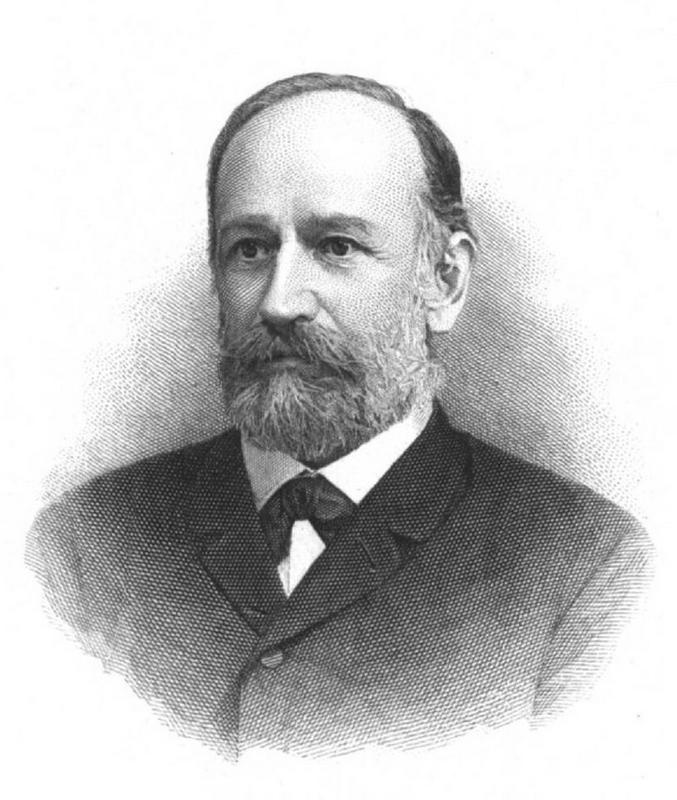Born into a modest Slovenian family in 1835, Jožef Stefan grew up to become one of Europe’s preeminent scientists, and has been immortalized in the name of one of Slovenia’s most prestigious institutions.
Stefan grew up near the town of Klagenfurt in the Austrian province of Carinthia. His parents, both ethnic Slovenians, were hard-working but uneducated; his father made a living as an assistant in a mill. The young Stefan, however, exceed in school. He was particularly good in physics, in which he was instructed by Karel Robida, a Benedictine monk who had authored the first Slovenian-language physics textbook. Stefan was eventually admitted to the University of Vienna, which attracted the brightest minds of the Hapsburg Empire.
He eventually became a professor of physics at the University of Vienna. This was a time of rapid scientific progress, and through his extensive and original research, Stefan added drastically to the understanding of the physical universe. He developed a formula for determining the radiation of various objects, which became known as the Stefan-Bolzmann Law (Bolzmann was one of Stefan’s students). Applying the law, Stefan became the first scientist to calculate the temperature of the sun’s surface. He also became an authority on optics, gasses, thermodynamics, electromagnetic fields, as well as acoustics, and was among the first to conduct experiments on recently discovered radio waves.
Stefan died in 1893 at the age of 57. Because he was born in what is now Austria and later lived in Vienna, he is still occasionally described as an Austrian scientist. Stefan, however, was proud of his Slovenian national identity and even wrote poetry in his native language. Today, he is recognized as one of the most brilliant Slovenian scientists of all time.
After World War II, a new institute dedicated to scientific research was named after Stefan. Ljubljana’s Jožef Stefan Institute became a leading Yugoslav research center, initially best known for nuclear research. Its experimental nuclear reactor is still operational today. The institute was the home of one of the first electronic computers in Yugoslavia, and its scientists went on to create the first Slovenian robot. Since Slovenia’s independence, the Jožef Stefan Institute has been active in various scientific endeavors; it even helped to set up a new university in the town of Nova Gorica. More than a century after Stefan’s death, the institute that bears his name carries on the remarkable legacy of the pioneering Slovenian scientist.



































































